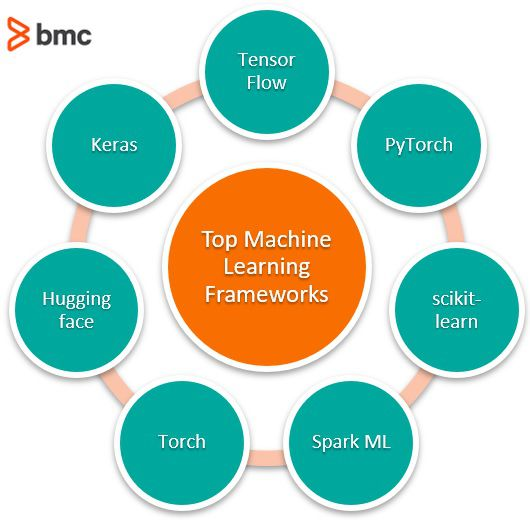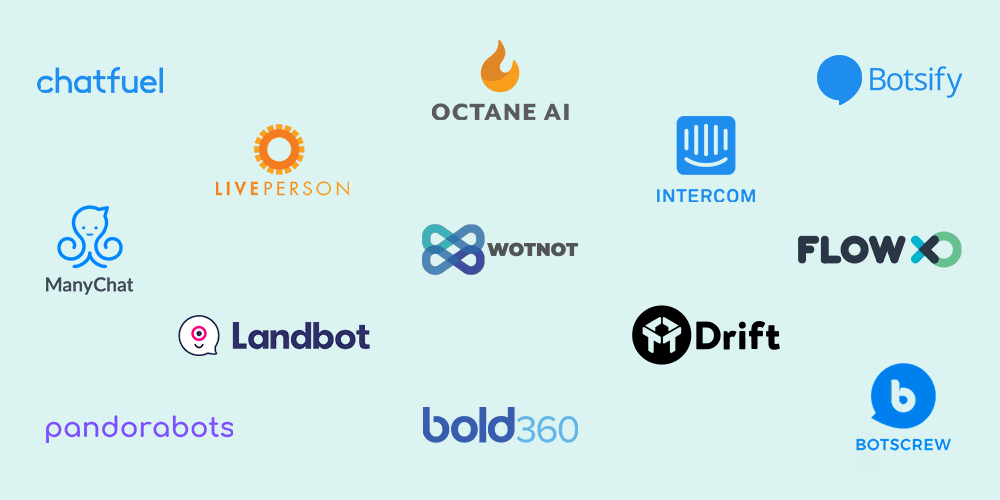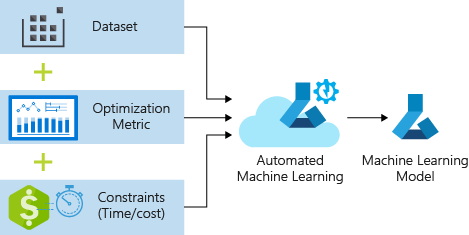AI tools are software applications or frameworks that leverage artificial intelligence techniques and algorithms to perform specific tasks. These tools provide developers,
researchers, and users with resources and functionalities to work with AI technologies more effectively. Here are some common types of AI tools:Machine Learning Frameworks: These tools provide libraries and APIs that simplify the implementation of machine learning algorithms. Popular frameworks include TensorFlow, PyTorch, and scikit-learn, which offer various tools for data preprocessing, model training, and deployment
.Natural Language Processing (NLP) Libraries: NLP tools assist in processing and understanding human language. Libraries such as NLTK, spaCy, and Hugging Face's Transformers provide functionalities for text tokenization, part-of-speech tagging, sentiment analysis, named entity recognition, and more.
Computer Vision Libraries: Computer vision tools facilitate tasks related to image and video processing. OpenCV, TensorFlow Object Detection API, and PyTorch Vision are widely used libraries for tasks like image classification, object detection, and image segmentation.
Chatbot Development Platforms: These tools enable the creation of AI-powered chatbots and virtual assistants. Examples include Dialogflow, Microsoft Bot Framework, and IBM Watson Assistant, which offer natural language understanding, dialog management, and integration capabilities.
Data Annotation and Labeling Tools: These tools assist in annotating and labeling datasets, which are essential for training machine learning models. Tools like Labelbox, Prodigy, and Amazon SageMaker Ground Truth provide interfaces for data labeling, quality control, and collaboration.
Automated Machine Learning (AutoML) Platforms: AutoML tools aim to automate the machine learning pipeline, making it accessible to users with limited ML expertise. Platforms like Google AutoML, H2O.ai, and DataRobot automate tasks like feature engineering, model selection, and hyperparameter tuning.
AI Model Deployment and Serving: These tools facilitate the deployment and serving of trained AI models. Frameworks like TensorFlow Serving, NVIDIA Triton Inference Server, and Amazon SageMaker enable scalable and efficient model serving for production environments.
Data Visualization and Analysis Tools: AI tools are often complemented by data visualization and analysis platforms. Tools like Tableau, Power BI, and matplotlib provide interactive visualizations, data exploration, and insights generation from AI-generated outputs.
Reinforcement Learning Platforms: Reinforcement learning tools assist in developing AI agents that learn through interactions with an environment. Platforms like OpenAI Gym, Stable Baselines, and RLlib provide environments, algorithms, and evaluation tools for reinforcement learning research and development.
These are just a few examples of AI tools available. The field of AI is rapidly evolving, and new tools and frameworks emerge regularly, catering to specific tasks and domains. It's important to select the appropriate tools based on the specific requirements of your project and your familiarity with the tool's ecosystem.










